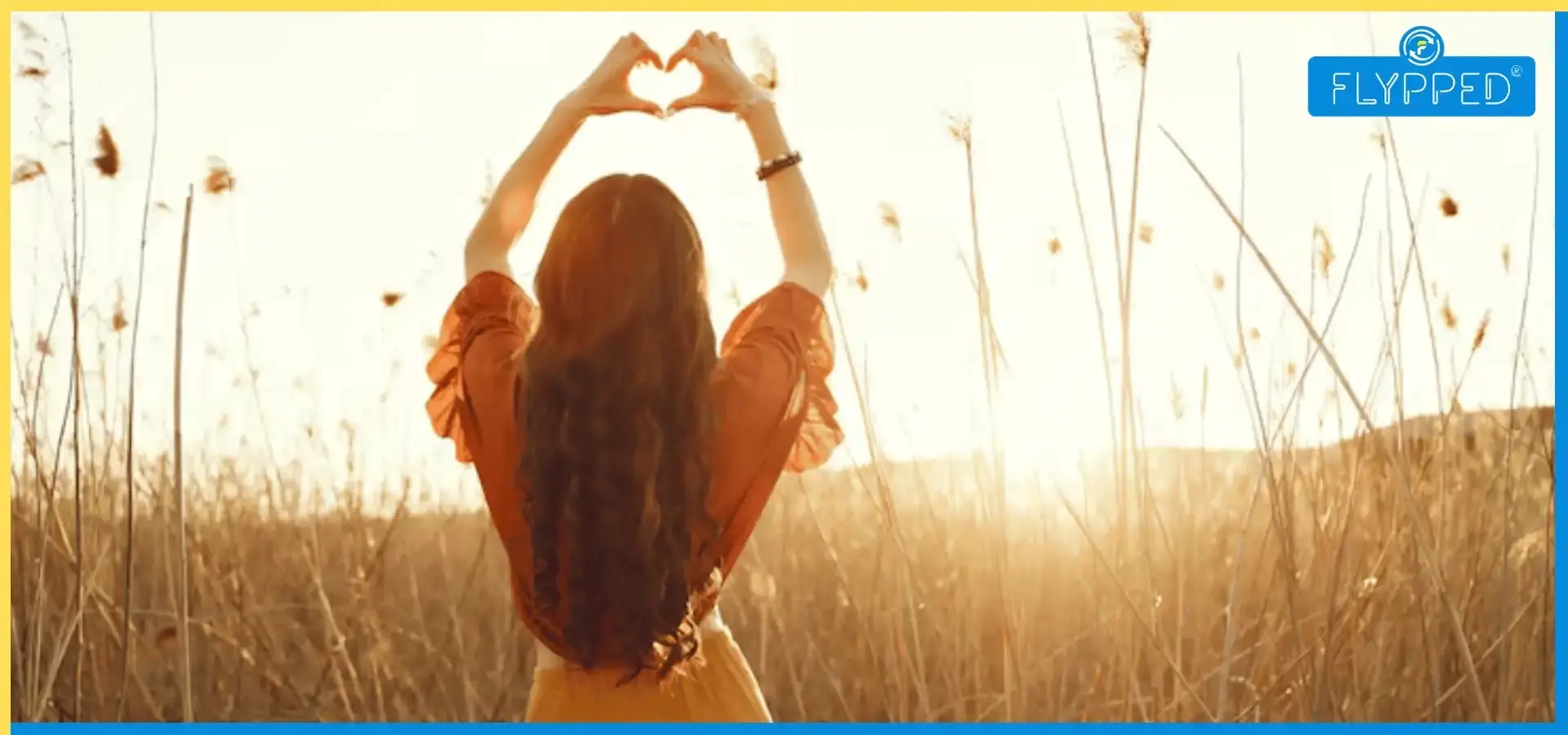Karwa Chauth: A Day of Love, Rituals, With A Modern Touch

The Story Behind the Fast
Karwa Chauth has been observed for ages, yet it feels like a new experience each time. It remains one of the most heartfelt celebrations of love and commitment in India. It is typically a day when married women fast from sunrise until moonrise for their husbands’ long life, happiness, and prosperity.
The name itself comes from two Sanskrit words: Karwa (a small clay pot, or vessel to contain drinking water, indirectly standing for peace and prosperity) and Chauth (meaning "the fourth day after the full moon" in Fall, during the Hindu month of Kartik). Regardless of how it is approached in beliefs, beautiful, transcendental, or impactful, it is ultimately a day that embodies faith, beauty, and emotion; devotion as a language of love.
The Rituals and the Rhythm of the Day
The day begins at dawn, usually at 4 a.m., with the much-beloved Sargi, an early morning meal, which the mother-in-law prepares. It's not just food; it's an act of love and a silent prayer for courage through the coming day.
Once the fast has started, women abstain from food and water until the moon rises. They spend the day in traditional clothes, colourful sarees, radiant bangles, fresh mehndi, sometimes meeting friends or family for the puja. The ceremony consists of hearing the legend of Karwa Chauth, going around with tastefully arranged thalis, and making prayers for safety, well-being, and companionship.

When the moon finally comes up, the atmosphere shifts. Terraces are bathed in light, echoing with laughter, music, and a joyful atmosphere. The hour of moonrise is more than simply breaking the fast; it is the release of caregiving, learning patience, and the expectations behind the fast.
It is sentimental, gentle, and at times poetic. Even this small ritual holds immense significance.
Modern Love and Karwa Chauth
Today, however, it looks a bit different, which is, in fact, part of the beauty. The ideals of love and partnership have evolved, and as a result, so has the way couples celebrate these ideals together.
Many husbands now observe this 'fast' with their wives, not as a tradition, but as a heartfelt symbol of partnership, a promise that says, "We're in this together." It's more than a wife praying for her husband's safety; it reflects mutual respect, deep care, and unwavering love.
For many couples coming home tired after a long day, this day becomes a cherished, stolen moment allowing them to reconnect, to enjoy each other's presence, or even to share a simple meal.
As technology has woven itself into our daily lives, it has also found its place within these celebrations. From heartfelt video calls with loved ones in distant cities after the moon rises, to families performing puja together virtually.
The emotional bond remains strong, no matter how much the environment changes. Love evolves, and so does the love celebrated during Karwa Chauth, growing deeper and more meaningful with each passing year.
A Festival That Still Feels Familiar
The essence of Karwa Chauth is connection, connection to tradition, connection to faith, and, most importantly, connection to each other. It serves as a reminder, amidst our busy lives, to pause and say: "I see you, I am grateful for you."
Regardless of how you celebrate or whether you enact every ritual in the full spirit of the fast, or simply embrace its essence in your own way. Karwa Chauth remains a quiet, moonlight reminder that what matters most are the themes of love that endure, transform, and remain bright and steady through each phase of life.
Click to read the full article






